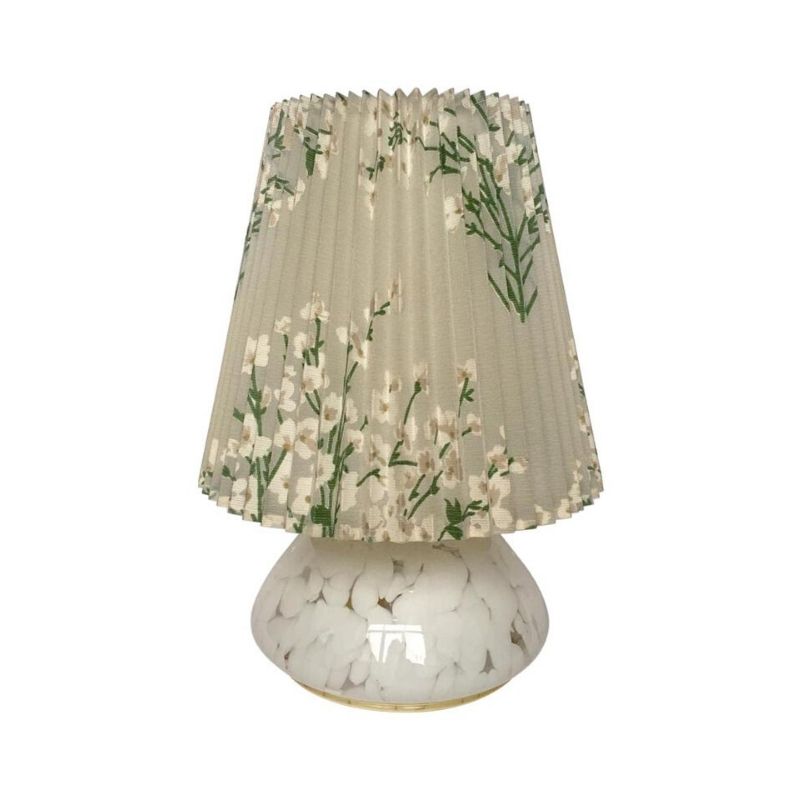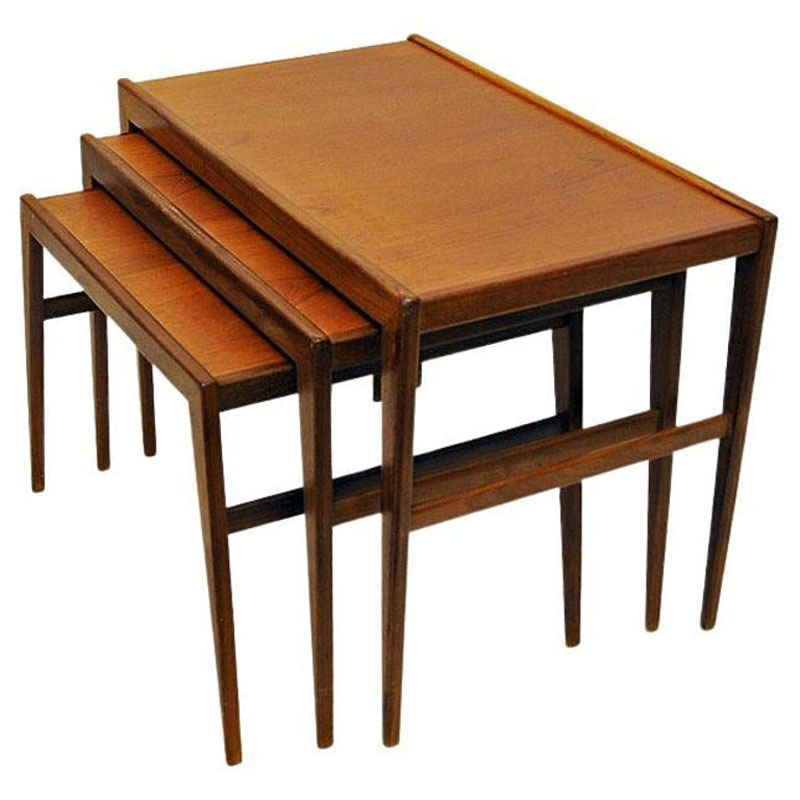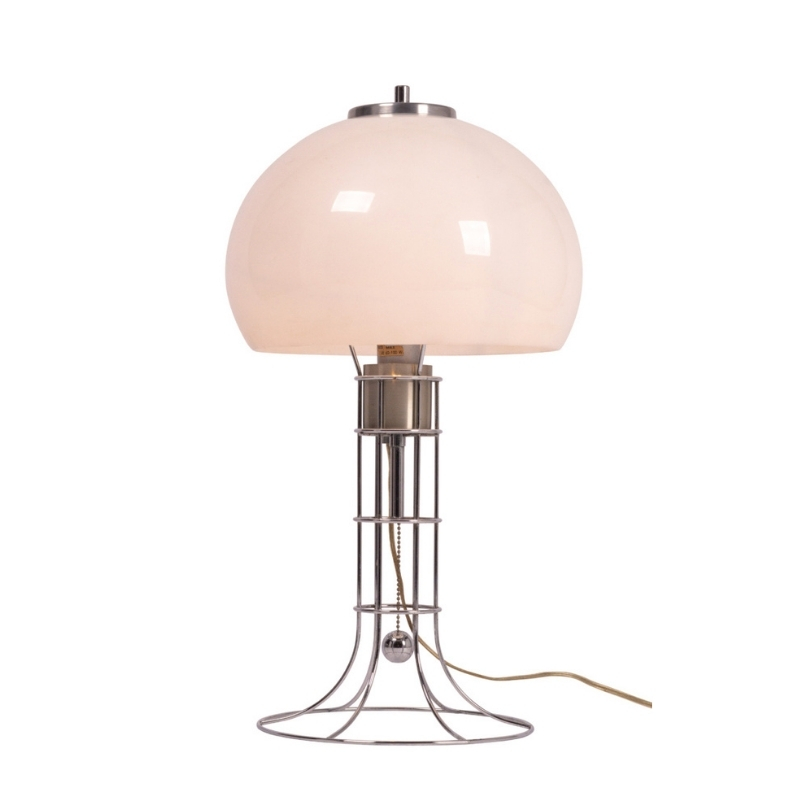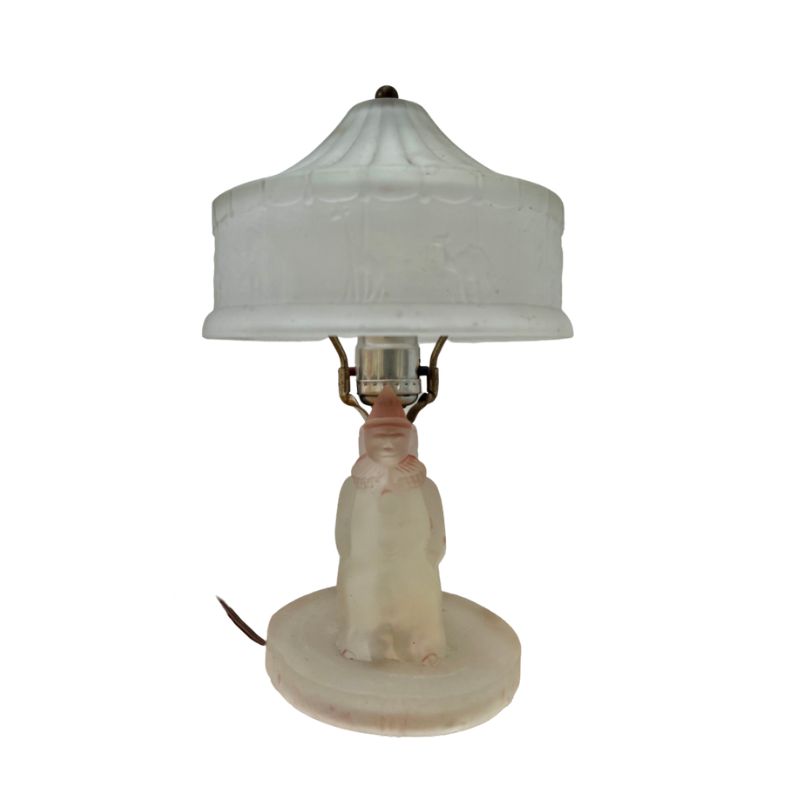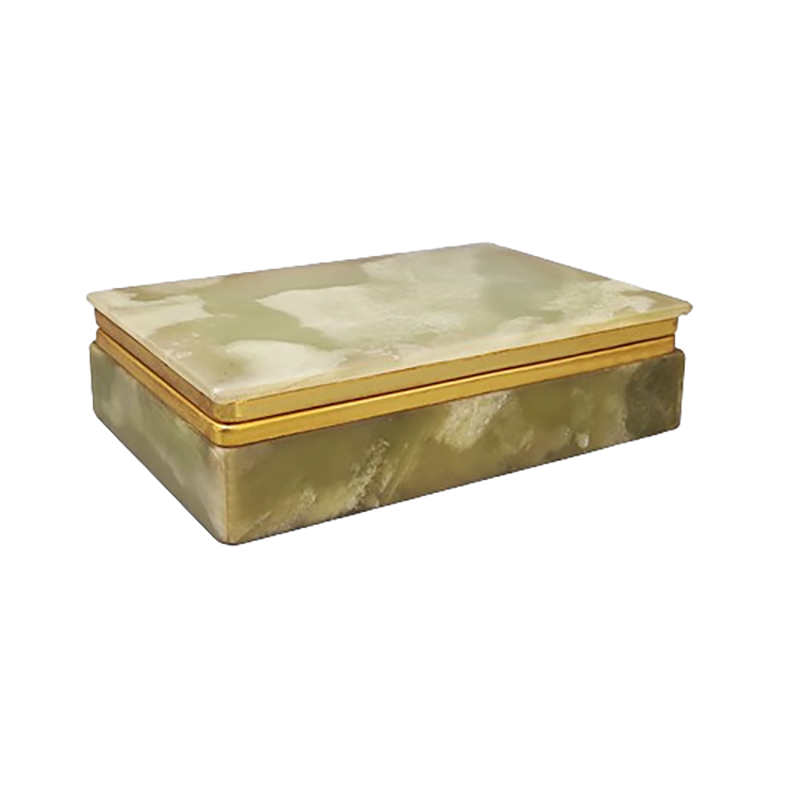I ran across a couple of cool photographs that i wanted to share.
First up is a rare Kangaroo Magazine stand made by Witco, that weird California company of burnt redwood furniture that comprised Elvis' famous "jungle room". This is about the coolest piece I ever saw in the flesh.
Second is the hand made (by Union workers!) model of William Lascaze's entry in the design of the New york Museum of Modern Art!!!!
It was about 20" high and was really well made full scale model of his design, which was rejected by the MOMA board. My late friend's mom donated it to MOMA, so it's in their collection (and I must say that they were ambivolent about it at the time).
Cool stuff, huh?


Well
I'm blown away by the Lescaze piece. . .! Who knew ?
I founds this at a MoMA site:
George Howe. (American, 1886-1955) and William Lescaze. (American, born Switzerland. 1896-1969). The Museum of Modern Art, Scheme 4, First Variation. 1930. Wood, plastic and metal, 33 x 12 x 16 3/4" (83.8 x 30.5 x 42.5 cm). Gift of Della Rothermel in honor of John Petrik Rothermel
On view at MoMA
Gallery label text
75 Years of Architecture at MoMA, 2007
In 1930, Howe and Lescaze were invited to speculate on the ideal configuration of a new building for The Museum of Modern Art. They generated several schemes, finding different ways to bring light into the galleries. This solution, the fourth and most experimental, separates the galleries into independent horizontal blocks, stacked above one another at right angles. Two sets of columns, tied by beams at each gallery level, support this configuration. Within each gallery, daylight and artificial light are combined in an adaptable lightmixing chamber placed just above the ceiling, which acts as a diffusing scrim. The chambers, visible at the roofline of each gallery unit, are glazed to admit daylight. The opaque external walls of the galleries are clad in marble or white glazed brick. While there are no conventional windows in the galleries, views to the outside are provided in the separate glass-enclosed support tower for stairs and elevators. Ultimately, the Museum chose to build a less radical proposal by Philip L. Goodwin and Edward Durrell Stone.
SDR, John Rothermel
was my best friend and for a time, we shared a loft in NYC. He found the model and two others at an antique shop and after he died, his mother, Della, donated them to the MOMA. They sure were not particularly excited to get their hands on 'em for nothing, either.
Well
she did the right thing, I think. She could have sold it at auction, but then we'd know nothing of it, except for a hard-to-find catalog entry.
I wonder what the two other models depict ?
I'm curious about the difference in condition of this piece, comparing your image to the colored ones. Did MoMA restore it do you suppose ?
I know a Rothermel here in San Francisco. His father is a jazz musician.
.
George Howe was born in Worcester, Massachusetts in 1886. He attended Harvard from 1904-7 and the Ecole des Beaux Arts in Paris from 1908-12. He started his Philadelphia practice in 1916 and produced a wide spectrum of eclectic designs.
William Lescaze was born in Geneva in 1896. He was educated in Geneva and graduated from the ETH in 1919. In 1920 he emigrated to the U.S. working in Cleveland and New York before hooking up with Howe.
The partnership of Howe & Lescaze was established in 1929 and lasted until 1934. Responsibility within the office was divided. Howe generated the concepts and provided direction on the projects, while Lescaze worked on detailing and design.
Instrumental in introducing the International Style to the U.S., the firm completed the first truly modern skyscraper, the Philadelphia Savings Fund Society Building in Philadelphia in 1932. This building demonstrated for the first time the tenets of International Modernism, applied to both exterior and interior detailing of a building.
Howe died in Cambridge, Massachusetts in 1955. Lescaze, who also helped introduce the Modern Movement to England, died in New York in 1969.
http://www.greatgridlock.net/NYC_Images/lescaze.html
SDR
It does look like the MOMA repainted it. John bought the model with alot of paint and he was whitling down the excess paint with a sharp knife, but never got it finished. I remember there was some red paint too.
Yes, Decca did the right thing. The other models were farm houses...including the land area.
john Rothermel was from Minneapolis (me, too) and lived in San Francisco from 1967 through 1975, where he ended starring in the infamous performance group, The Cocketes. After the group broke up, he did a very successful cabaret act. He was a wonderful singer and turned me on to 1920's and 1930's music.
If you need any help, please contact us at – info@designaddict.com



